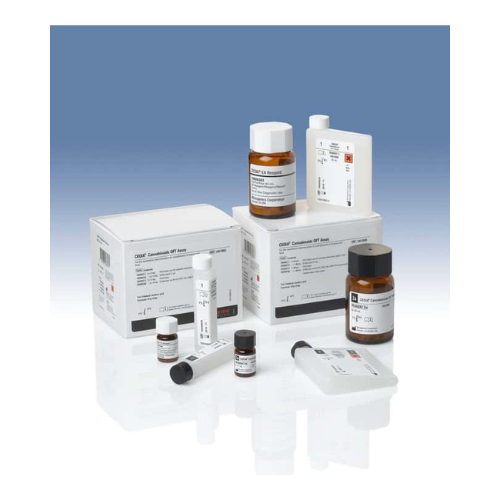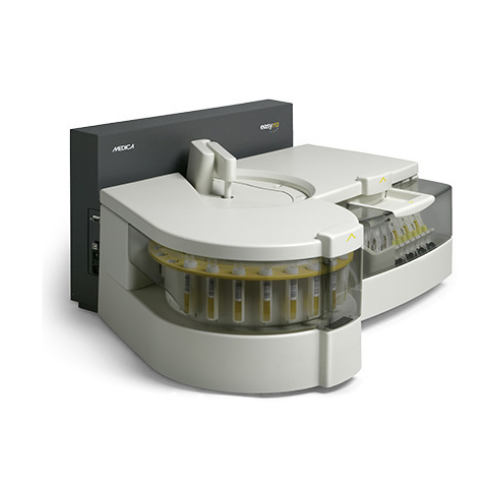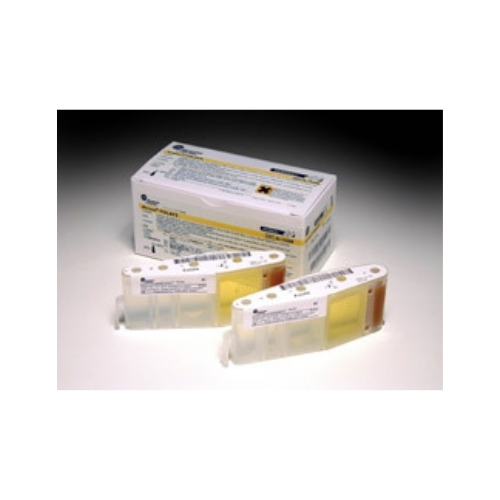For Business Use Only. Does Not Ship to Residential Addresses. For use inside an Analyzer, Sold Separately.
Thermo Kit Ctrl GravDet L2 25mL
Thermo Kit Ctrl GravDet L2 25mL
Product Code: 1757
Manufacturer: Thermo Scientific
Shipping Weight: 2.00lbs (0.91kg)
Specifications
Description: Gravity-Detect
Concentration: 1.030µg/mL
Analytes: Specific Gravity
Storage Requirements: Refrigerated
Quantity: 25mL
Intended Use
The DRI® Gravity-Detect® Test is intended for the quantitative determination of human urine specific gravity.
Summary and Explanation of the Test
A complete urine drug of abuse testing program normally involves specimen collection, initial screening with an immunoassay, followed by a confirmation test, such as gas chromatography/mass spectrometry (GC/MS), for positive samples. Many drug users attempt to evade detection by adulterating their specimen in order to produce false negative results during the initial immunoassay screening. Adulteration methods include dilution with water, substitution with a drug free liquid, addition of readily available household materials (e.g., vinegar, baking soda, liquid drain opener, detergent, etc.) or tampering with certain chemicals (e.g., Urine-Aid, which contains glutaraldehyde, or Klear, which contains potassium nitrite).
Several methods have been used to detect urine adulteration. These methods include measuring the temperature, pH, specific gravity and creatinine concentration of the sample. Fresh normal urine should have the following typical characteristics: temperature between 32.5-37.7°C or 90.5-99.8°F, pH within 4.7-7.8, specific gravity within a range of 1.003-1.035 g/mL and creatinine concentration of 80-200 mg/dL. If any of these urine parameters is outside the specified range, there should be reason to believe that the urine sample has been adulterated.
The DRIGravity-Detect Test can be performed on automated clinical chemistry analyzers. This method is based on a linear relationship between the urine chloride ion concentration and the specific gravity. The chloride ion concentration is determined colorimetrically using ferric perchlorate according to the following equation:

Chloride ion and ferric perchlorate in an acidic medium form a FeCl2 complex with an absorbance maximum at 340 nm. The absorbance at 340 nm is directly proportional to the urine chloride concentration. A linear two-point calibration curve can be established and the sample urine specific gravity value can be extrapolated from the calibration curve using the corresponding absorbance result.











